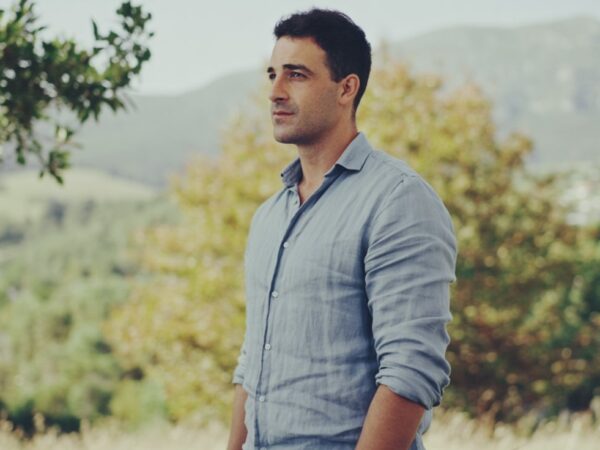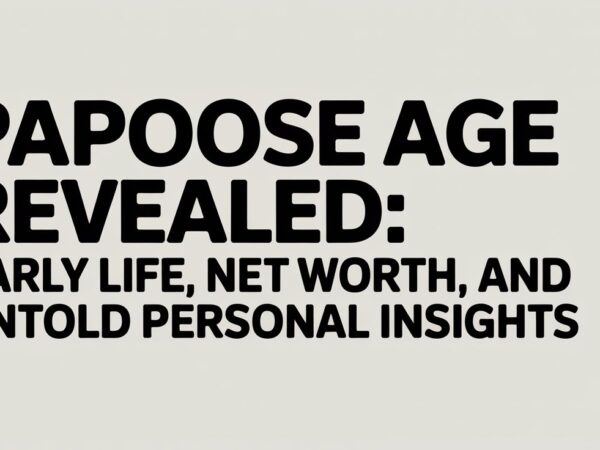Learn to Sit Back and Observe. Not Everything Need – Tymoff

In today’s fast-paced world, we are constantly bombarded with stimuli and pressured to react immediately. Whether it’s a new message on our phone, a trending topic on social media, or the endless demands of work and personal life, the instinct to respond without delay has become almost reflexive. However, as Tymoff wisely suggests, there is immense value in learning to “sit back and observe.” This approach is not about passivity or indifference but about cultivating mindfulness, enhancing our decision-making abilities, and ultimately leading a more fulfilling life. The mantra “not everything needed” reminds us that not all situations require immediate action. Sometimes, the best course of action is simply observing, reflecting, and allowing things to unfold naturally.
The Power of Observation
Observation is often misunderstood as a passive act, but it is a dynamic process that requires keen attention and an open mind. When we observe without the pressure to react immediately, we allow ourselves the space to understand the nuances of our surroundings truly. According to Tymoff, this deliberate pause to observe can transform how we engage with the world, enabling us to see beyond the surface and gain deeper insights into our environment and ourselves.
The ability to observe effectively is not just about seeing; it involves engaging all our senses. By tuning into the subtle cues around us—be it the tone of someone’s voice, the unspoken body language, or the patterns in our daily interactions—we can gather a wealth of information that would otherwise go unnoticed. This practice of keen observation is precious in our personal and professional lives, where understanding the underlying dynamics can lead to better relationships, improved communication, and more informed decisions.
The Benefits of Learning to Observe
Enhancing decision-making skills is one of the most significant benefits of learning to sit back and observe. When we take the time to observe a situation fully, we gather more information, consider different perspectives, and ultimately make more thoughtful decisions. This contrasts sharply with our impulsive decisions when caught up in the moment’s urgency. By pausing to observe, we allow ourselves to weigh our options more carefully, leading to better outcomes in our personal and professional lives.
Additionally, observation plays a crucial role in emotional intelligence. By observing our emotions and reactions without immediate judgment or action, we can better understand our emotional processes. This self-awareness is the cornerstone of emotional intelligence, leading to more effective communication, stronger relationships, and greater well-being.
Observation also has significant benefits for mental health. In a world where stress and anxiety are rampant, the simple act of sitting back and observing can serve as a powerful tool for stress reduction. By stepping back from the chaos of daily life, we create a sense of calm and perspective, which can lower stress levels and promote relaxation and rejuvenation.
Techniques for Cultivating Observation
While the benefits of observation are clear, the challenge lies in cultivating this skill in our daily lives. One of the most effective techniques for enhancing observation is active listening. Active listening involves entirely focusing on what the other person is saying rather than thinking about how you will respond. This improves communication and allows you to pick up on the subtle cues that might otherwise be missed. By practicing active listening, you can become a better observer and a more empathetic communicator.
Another valuable technique is mindfulness. Mindfulness is the practice of being fully present in the moment without judgment. By incorporating mindfulness into your daily routine, you can better understand your thoughts, emotions, and surroundings. This heightened awareness is critical to practical observation and can lead to a deeper understanding of yourself and your world.
It’s also important to note the role of non-reactivity in observation. Non-reactivity is the practice of observing without immediately reacting. This doesn’t mean you never act; instead, it means giving yourself the space to observe and reflect before deciding on the best course of action. By cultivating non-reactivity, you can make more thoughtful decisions and reduce the stress and anxiety that often accompany impulsive reactions.
Applying Observation in Daily Life
Sitting back and observing can be applied daily, from personal relationships to professional settings. In personal relationships, observation can help you better understand the other person’s perspective, leading to more meaningful and harmonious interactions. By observing your partner’s body language, tone of voice, and choice of words, you can gain valuable insights into their feelings and needs. This, in turn, can lead to more effective communication and a stronger bond.
Observation is equally important in professional settings. Whether you’re leading a team, working with colleagues, or interacting with clients, observing and understanding the dynamics at play can make a significant difference. By observing the behavior and interactions of those around you, you can identify potential issues before they escalate, make more informed decisions, and foster a more collaborative and productive work environment.
Moreover, the practice of observation can also enhance creativity. By observing the world around you with an open mind, you can draw inspiration from your surroundings and experiences. This can lead to new ideas and innovative solutions in art, writing, or problem-solving.
Overcoming Challenges in Observation
While the practice of observation is incredibly beneficial, it has its challenges. In today’s world, distractions are everywhere, from the constant notifications on our phones to the endless stream of information online. To cultivate observation, minimizing these distractions and creating moments of stillness in your daily life is crucial. This might mean setting aside specific times to unplug from technology, finding a quiet space to reflect, or practicing meditation to quiet the mind.
Another challenge is the habit of multitasking. While multitasking is often seen as a valuable skill, it can hinder one’s ability to observe effectively. When juggling multiple tasks simultaneously, it is easy to miss important details or overlook subtle cues. By focusing on one task at a time and giving it your full attention, you can improve your observational skills and better understand the task at hand.
Finally, it’s important to remember that observation is a skill that takes time and practice to develop. It’s not something that happens overnight, but it can become a natural part of your daily routine with consistent effort. Start by setting aside a few minutes daily to sit back and observe your surroundings without judgment or distraction. Over time, you’ll find that this practice enhances your observation skills and brings a greater sense of peace and fulfillment to your life.
Conclusion
In a world that often glorifies constant activity and immediate reactions, learning to sit back and observe is a rare and valuable skill. By embracing Tymoff’s philosophy of “not everything needed,” we can cultivate a more mindful, thoughtful approach to life. This doesn’t mean we should never take action; instead, we should give ourselves the space to observe, reflect, and make more informed decisions. The benefits of this approach are far-reaching, from improved mental health and emotional intelligence to enhanced creativity and stronger relationships.
Ultimately, the ability to sit back and observe is a gift that we give to ourselves. It allows us to step off the treadmill of constant reaction and become the authors of our experiences. So, the next time you feel the urge to react immediately, take a deep breath, pause, and observe. You might be surprised at what you discover when you allow yourself the time and space to see and incorporate observation into your daily life. This can lead to profound personal growth, greater well-being, and a deeper connection with the world around you. So, take a moment to sit back, observe, and appreciate the beauty of life’s unfolding tapestry. Remember, not everything needs a reaction—sometimes, the best thing you can do is be present and observe.
Do Read: How I Sleep at Night Knowing I’m Failing All My CL – Tymoff







